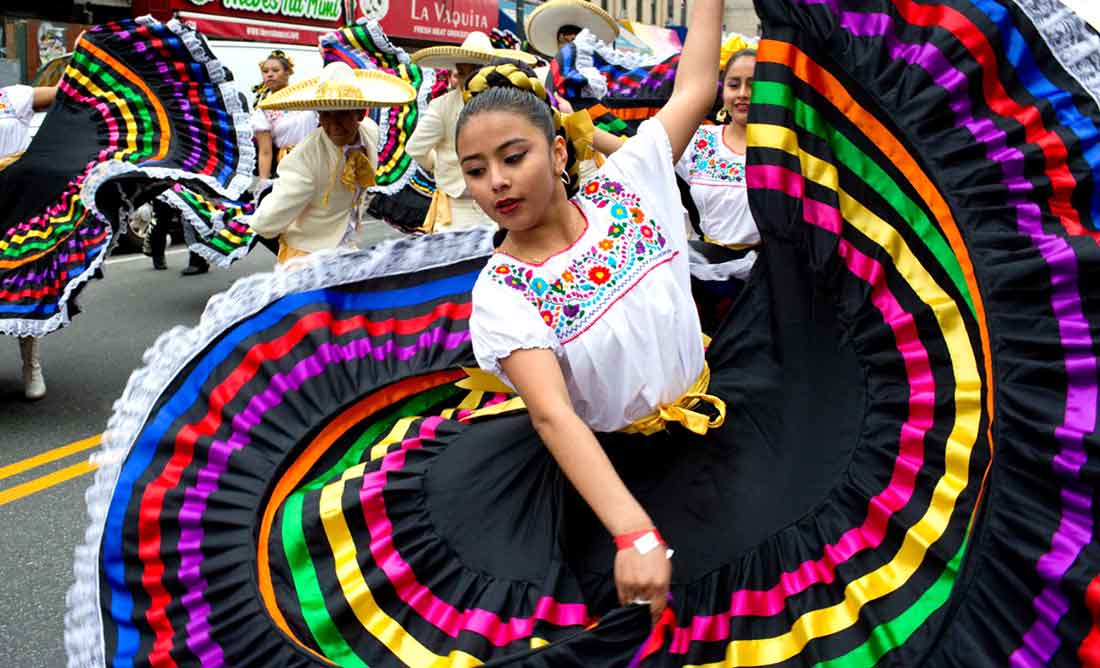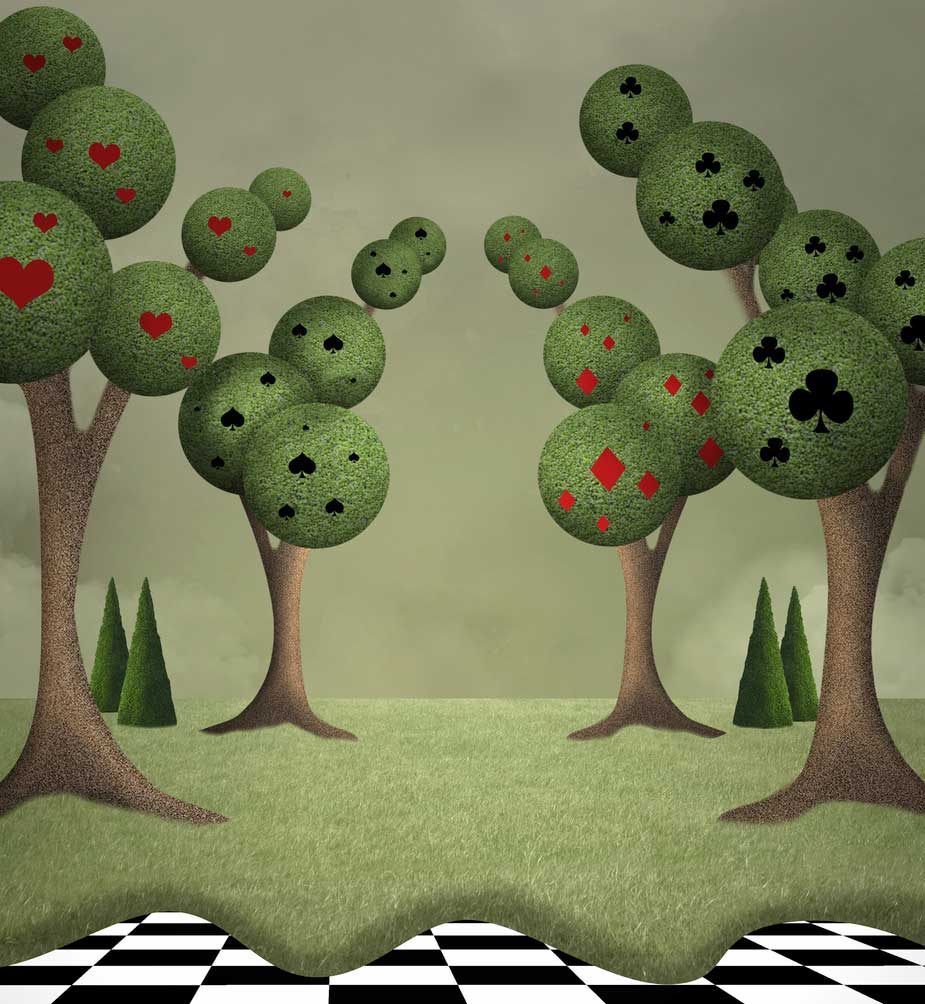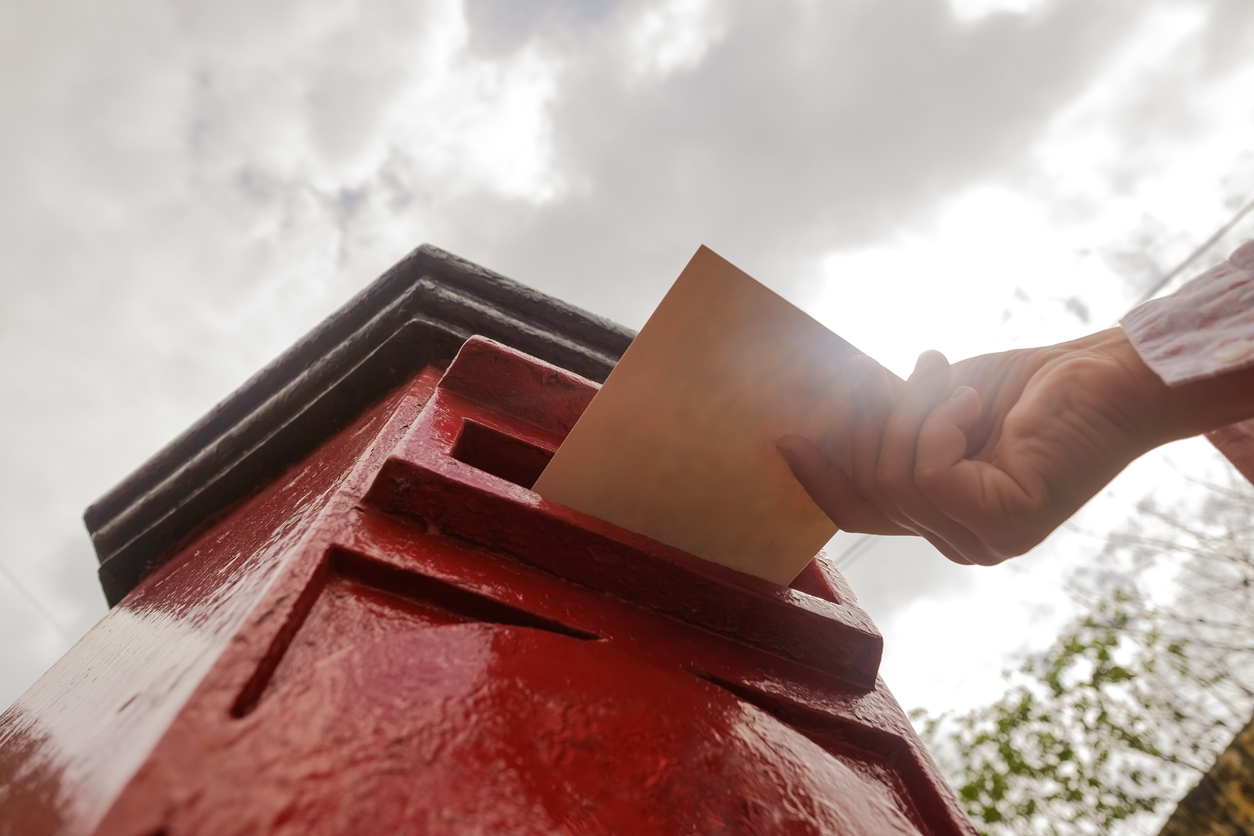railway
nounA railroad, especially one operated over a limited area.
nounA track providing a runway for wheeled equipment.
nounpl. Naut., iron jackstays bolted on the under side of standing gaffs which carry fore-and-aft sails, with or without booms. Small grooved iron shapes called “travelers” are sewed to the head of the sail, and slide along the railway, so that the canvas may be spread along the gaff by means of a whip or outhaul.
nounA railway built under enactments to secure light charges for transportation.
nounA short track upon which cars are run, generally by gravity, and which passes through artificial scenery intended to be beautiful or weird: a source of amusement at pleasure-resorts.
nounIn mech. engin., broadly, a way composed of one or more rails, or lines of rails, for the support, and commonly also for the direction of the motion, of a body carried on wheels adapted to roll on the rail or rails, or lines of rails.
nounA way for the transportation of freight or passengers, or both, in which vehicles with flanged or grooved wheels are drawn or propelled on one or more lines of rails that support the wheels of the vehicles, and guide their course by the lateral pressure of the rails against the wheels; a railroad. (See
A railway in which cars are drawn by pneumatic locomotives. Scarcely more success has been reached in this method than in that described above.
nounA
A transport system using these rails used to move









